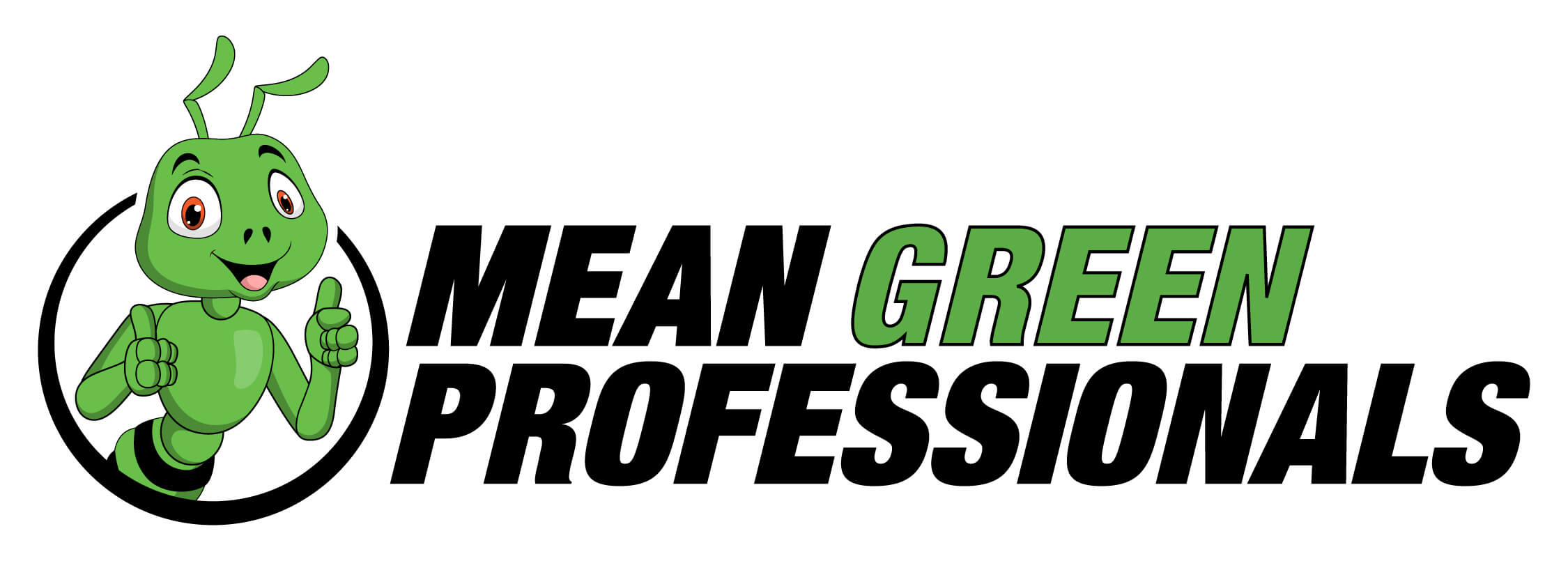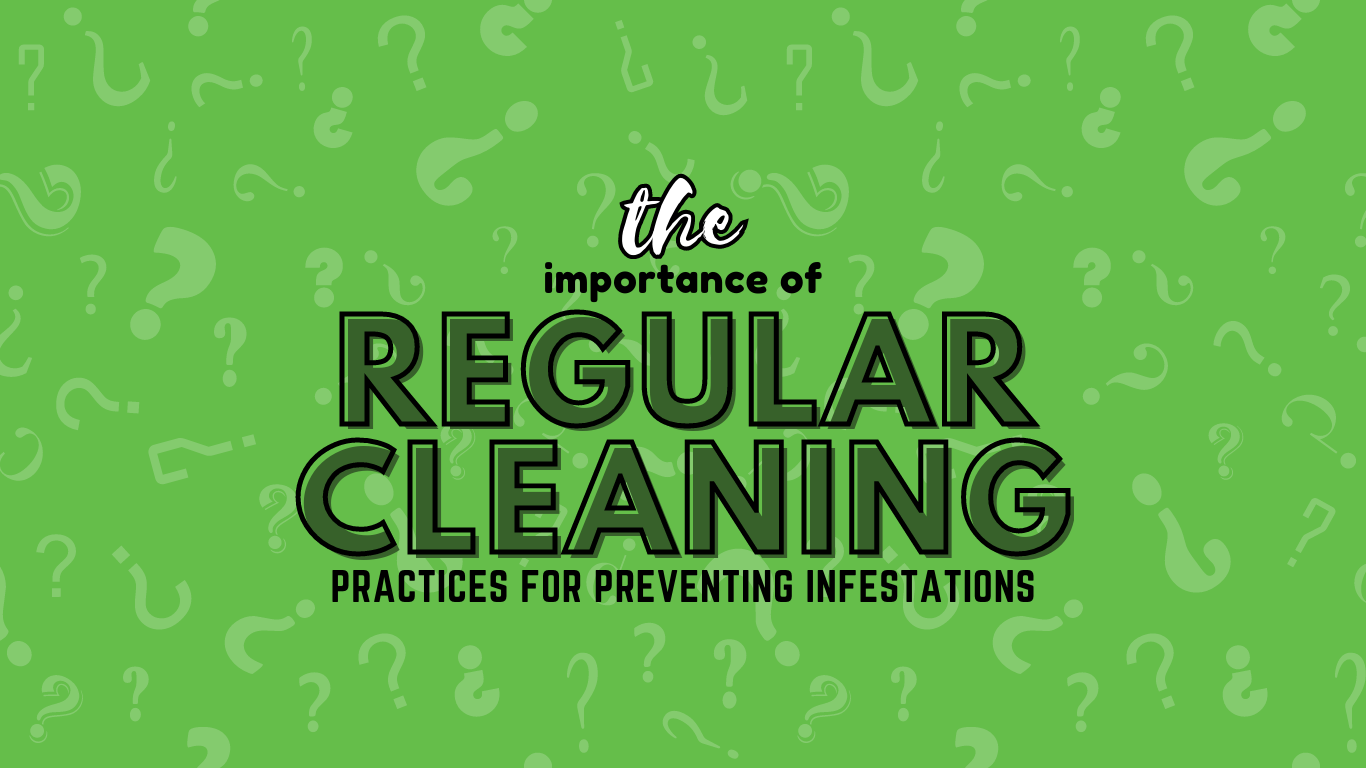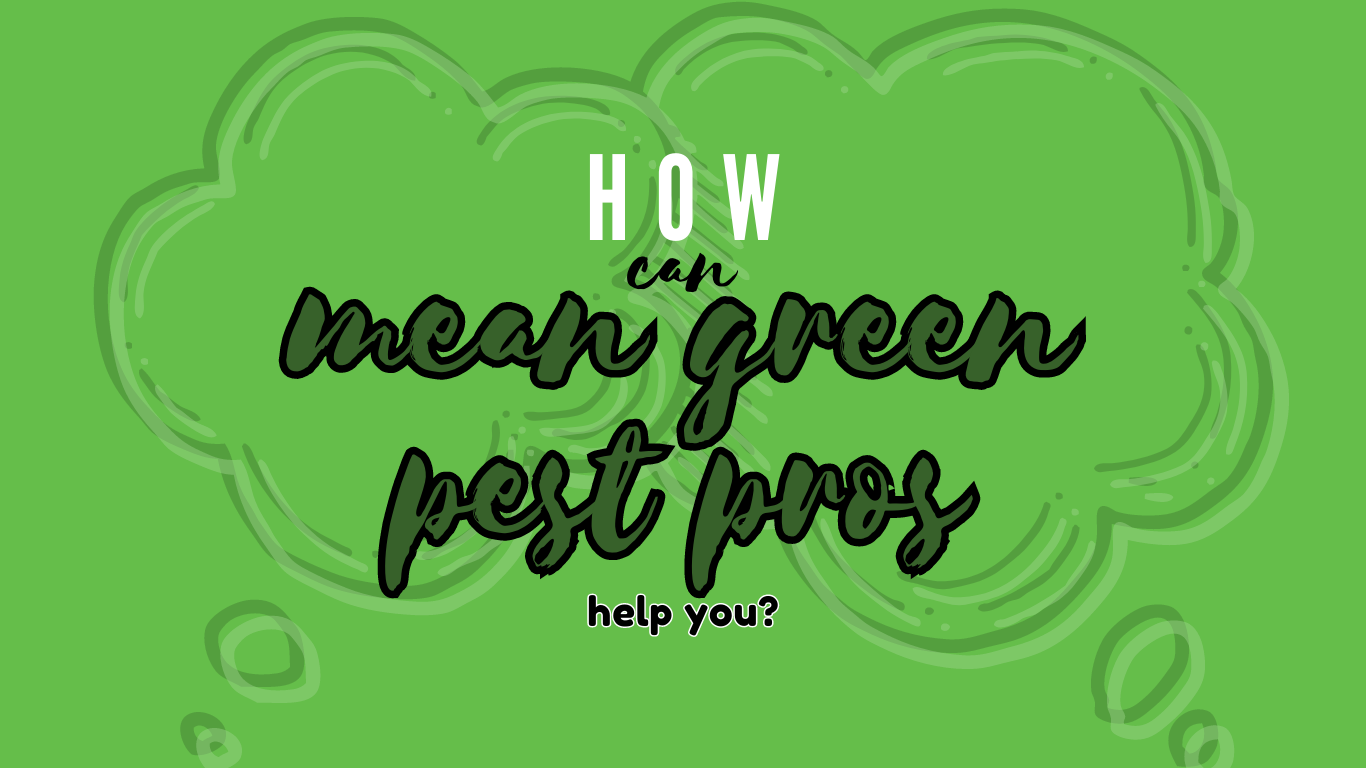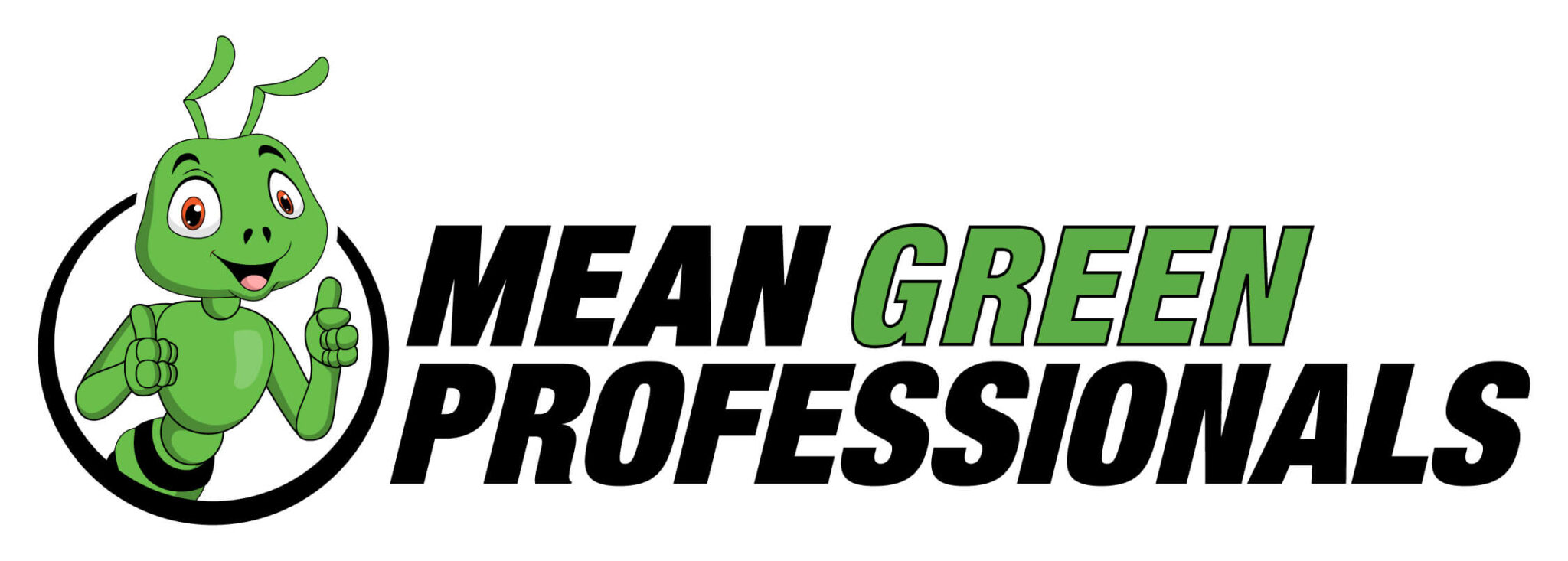
The connection between pest control and food safety is a critical aspect of maintaining hygiene and protecting public health.
Effective pest control measures play a vital role in preventing contamination and ensuring the safety and quality of food products.
By understanding the connection between pest control and food safety, businesses in Symrna, Tennessee, can implement proactive strategies to mitigate the risks associated with pests and safeguard the integrity of the food supply chain.
In this article, we will explore the importance of pest control in food safety and highlight key practices and considerations to uphold the highest standards of cleanliness and protection.
Let’s delve into the connection between pest control and food safety and discover the significant role it plays in promoting a healthy and secure environment for both consumers and industry stakeholders.
Table Of Contents:
- The Importance of Pest Control in Food Safety
- Regular Cleaning Practices for Preventing Infestations
- FDA’s Food Safety Modernization Act (FSMA) Guidelines
- Engaging Professional Pest Control Services
- FAQs in Relation to the Connection Between Pest Control and Food Safety
- Professional pest control services play a vital role in ensuring food safety by effectively addressing pest issues and implementing tailored solutions.
The Importance of Pest Control in Food Safety
Let’s face it; no one wants to find a creepy crawler or furry friend lurking around their food.
That’s why understanding the connection between pest control and food safety is crucial for maintaining hygiene standards in restaurants, grocery stores, and other establishments where food is prepared or consumed.
The National Pest Management Association (NPMA) states that pests like cockroaches, flies, and rodents can cause allergic reactions and structural damage and spread foodborne illnesses by carrying pathogens.
Common pests that pose a threat to food safety
- Cockroaches: These sneaky insects are known carriers of Salmonella and E.coli bacteria, which can contaminate your fresh food supply.
- Rodents: Mice and rats carry various diseases, such as Hantavirus Pulmonary Syndrome (HPS), which can be transmitted through contact with rodent droppings or urine on contaminated surfaces.
- Flying Insects: Flies are notorious for spreading disease-causing organisms when they land on exposed foods after visiting unsanitary locations such as garbage bins or animal waste deposits.
Consequences of poor pest control on public health
- Allergic Reactions: Pests like cockroaches release allergens into the air, which may trigger asthma attacks or allergic reactions in sensitive individuals.
- Disease Transmission: Pests harbor harmful human pathogens responsible for causing serious illnesses, including salmonellosis, typhoid fever, and even parasitic worms.
- Structural Damage: Rodents can cause extensive damage to food facilities by gnawing on electrical wires, pipes, and other building materials, which may lead to costly repairs or even a shutdown of operations.
Implementing proper pest prevention and food safety practices, like those offered by Mean Green Pest Pros, is essential for avoiding these issues and ensuring the health of your customers.
Mean Green Pest Pros provides professional pest management services that help prevent pest infestations and contamination of food products in food processing facilities and other establishments.
They use sticky traps and other effective methods to prevent pests from harboring in your establishment and attracting pests to your food products.
Maintaining high standards in food protection not only benefits public health but also contributes positively towards your establishment’s reputation as a clean and safe place to dine or shop.
Investing in professional pest management services ensures that you’re doing everything possible to keep pests at bay while safeguarding the well-being of both staff members and patrons alike.
Regular Cleaning Practices for Preventing Infestations
Let’s dive into the world of cleanliness and pest prevention.
Proper pest control and food safety practices are crucial for any food facility.
In this section, we’ll discuss the connection between pest control and food safety and provide tips on how to prevent pest infestations in your establishment.
Effective Sanitation Methods to Keep Pests at Bay
Implementing regular cleaning practices is essential for preventing infestations in facilities handling food.
Here are some effective sanitation methods to keep pests at bay:
- #1: Clean up spills immediately, as they attract pests.
- #2: Regularly inspect storage areas for signs of stored product pests like beetles or moths.
- #3: Dispose of waste properly using sealed garbage containers that are regularly emptied and cleaned.
- #4: Seal any cracks or crevices in walls, floors, and ceilings to prevent entry points for pests.
- #5: Install door sweeps on exterior doors to keep out crawling insects and rodents (double trouble.).
Identifying High-Risk Areas Prone to Pest Infestation
To protect your business from potential pest problems, it’s crucial first to identify high-risk areas within your facility.
Here are a few pointers:
- Ensure proper ventilation in moist spots like cellars, crawl spaces, and storerooms to avoid the development of mold and mildew that could offer refuge for pests.
- Regularly inspect food manufacturers’ processing equipment for signs of pest activity or damage. This includes checking for droppings, gnaw marks, or nesting materials.
- Keep an eye on outdoor areas like dumpsters and loading docks where pests may find easy access to your facility. Maintain these places in a neat and orderly fashion.
Bonus Tip: Consider using sticky traps in high-risk areas as a monitoring tool to detect early signs of infestation.
Take early action to prevent a major issue by using sticky traps in high-risk areas.
In general, proper pest control and food safety practices are crucial for any food facility.
By implementing effective sanitation methods and identifying high-risk areas prone to infestation, you’ll be one step closer to ensuring your establishment’s food won’t harbor pests, remaining safe from contamination by insects or rodents.
If you need professional assistance with pest prevention at your business, Mean Green Pest Pros, located in Smyrna, Tennessee, has got your back.
Their eco-friendly approach ensures top-notch results while keeping the environment safe too.
FDA’s Food Safety Modernization Act (FSMA) Guidelines
Let’s talk about the importance of adhering to FDA guidelines for pest control in food facilities.
The Food Safety Modernization Act (FSMA) is a game-changer, emphasizing prevention over response when it comes to contamination.
This legislation outlines key principles businesses must follow regarding preventive controls for human foods.
Key Components of FSMA Guidelines Relevant to Pest Control
#1: Develop and implement a written food safety plan that includes hazard analysis and risk-based preventive controls.
#2: Establish monitoring procedures, corrective actions, and verification activities to ensure proper implementation of these measures.
#3: Maintain documentation proving compliance with FSMA regulations. This can be crucial during inspections.
How Following FSMA Guidelines Improves Overall Business Reputation
A solid reputation goes hand-in-hand with following these guidelines – here’s why:
- Pest-free environments lead to fewer customer complaints and negative reviews on social media platforms like Yelp or Google Reviews.
- Maintaining high standards in pest management demonstrates your commitment to public health and consumer protection.
- In case of an inspection by regulatory authorities such as the FDA or local health departments, having well-documented records will help you avoid fines or even closure due to non-compliance issues.
The importance of adhering to FDA guidelines for pest control in food facilities is highlighted by the Food Safety Modernization Act (FSMA), which emphasizes prevention over response when it comes to contamination. FSMA outlines key principles businesses must follow regarding preventive controls for human foods, including developing a written food safety plan that includes hazard analysis and risk-based preventive controls, establishing monitoring procedures, corrective actions, and verification activities to ensure proper implementation of these measures, and maintaining documentation proving compliance with FSMA regulations. Hiring professional pest control services like Mean Green Pest Pros can help protect your business from pest infestations that can contaminate food and harm public health while ensuring proper implementation of measures designed specifically around topics related directly back to areas where these types may benefit from using their services.
Engaging Professional Pest Control Services
Let’s face it; pests are persistent.
That’s why hiring professional services like Mean Green Pest Pros can be a game-changer for your establishment’s hygiene standards.
Their technicians have experience serving the restaurant industry with customized solutions tailored to individual requirements while strictly adhering to regulatory compliance rules set forth under federal law, such as those found within FSMA provisions.
Benefits of Hiring Professional Pest Control Services
Say goodbye to sleepless nights worrying about pests.
Hiring professionals ensures the effective implementation of preventive measures against pests that threaten your food safety and overall business reputation.
- Expertise in identifying and eliminating pests specific to food facilities.
- Customized solutions tailored according to individual requirements while adhering strictly to regulatory compliance rules set forth under federal law, such as those found within FSMA provisions.
- Saves time and resources by outsourcing this critical aspect of your business operations.
- Pest management experts use eco-friendly methods that minimize risks associated with traditional chemical insecticides.
- Avoid fines or closures by maintaining high hygiene standards in accordance with regulations from organizations like the National Pest Management Association (NPMA).
- Increase customer trust and satisfaction by knowing their food is prepared in a clean environment free from pest infestations.
How Mean Green Pest Pros Can Help Protect Your Business
You might be wondering how Mean Green can make all the difference.
#1: Eco-friendly approach: They use all organic ingredients with natural insect-repelling properties instead of dangerous chemical insecticides like pyrethrum.
#2: Customized plans: Their technicians have experience serving the restaurant industry with customized solutions tailored according to individual requirements.
#3: Comprehensive service: From flying insects to rodents, they cover a wide range of pests that can threaten your establishment’s hygiene standards.
#4: Tailored Guidance: Mean Green Pest Pros also provides valuable guidance on proper food storage and handling practices to minimize the risk of attracting pests in the first place.
By engaging professional pest control services like Mean Green Pest Pros, you can ensure proper implementation of measures designed specifically around topics related directly back to areas where these types may benefit from using their services.
This can help protect your business from pest infestations that can contaminate food and harm public health.
So, why wait?
Contact Mean Green Pest Pros today for a consultation and take the first step towards ensuring your establishment remains pest-free and compliant with food safety regulations.
Hiring professional pest control services like Mean Green Pest Pros can ensure the effective implementation of preventive measures against pests that threaten food safety and overall business reputation. Their eco-friendly methods minimize risks associated with traditional chemical insecticides, increase customer trust and satisfaction, and avoid fines or closures by maintaining high hygiene standards in accordance with regulations from organizations like the National Pest Management Association (NPMA).
FAQs in Relation to the Connection Between Pest Control and Food Safety
Why is Pest Control Important to Food Safety?
Pest control is crucial for food safety because pests can contaminate and damage food supplies, leading to shortages and health risks.
Effective pest management helps ensure a safe, consistent supply of quality food by preventing infestations, reducing crop losses, and minimizing the spread of diseases transmitted by pests.
How are Pests a Food Safety Hazard?
Pests pose a significant threat to food safety as they can transmit harmful pathogens like Salmonella or E. coli through their droppings, urine, or direct contact with food products.
Additionally, insects such as flies may carry bacteria from contaminated sources onto clean surfaces or foods.
Rodents can also cause physical damage to packaging materials and stored goods.
How do Pesticides Increase Food Security?
Pesticides help increase food security by controlling various pests that threaten crops and livestock production.
By effectively managing these threats, farmers can maintain healthy plants and animals, which leads to higher yields and reduced losses due to spoilage or contamination.
This results in an increased availability of nutritious foods for consumers worldwide.
What is the Safety Message for Pest Control?
The key safety message for pest control involves using integrated strategies that prioritize prevention while minimizing potential hazards associated with chemical treatments.
This includes proper sanitation practices, exclusion techniques (e.g., sealing entry points), regularly monitoring high-risk areas, Integrated Pest Management (IPM), and using pesticides judiciously, following label instructions to ensure safe and effective application.
Professional pest control services play a vital role in ensuring food safety by effectively addressing pest issues and implementing tailored solutions.
In conclusion, the connection between pest control and food safety underscores the importance of addressing pest issues in food-related environments.
Professional services, such as those offered by MG Pro Pest Control, play a crucial role in ensuring a safe and hygienic food industry.
With their specialized knowledge and expertise, professional pest control providers can effectively identify, treat, and prevent pest infestations that could compromise food safety.
By engaging professional services, businesses can benefit from customized pest management strategies, regular inspections, and the use of safe and effective treatments.
Additionally, professional pest control services adhere to industry regulations and best practices, ensuring compliance with food safety standards and minimizing the risk of contamination.
By entrusting the expertise of professionals like MG Pro Pest Control, businesses can maintain a pest-free environment, protect their reputation, and uphold the vital connection between pest control and food safety.
So, what are you waiting for?








